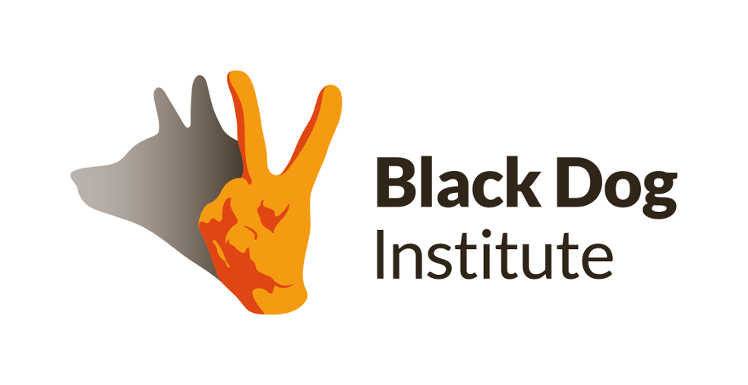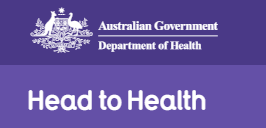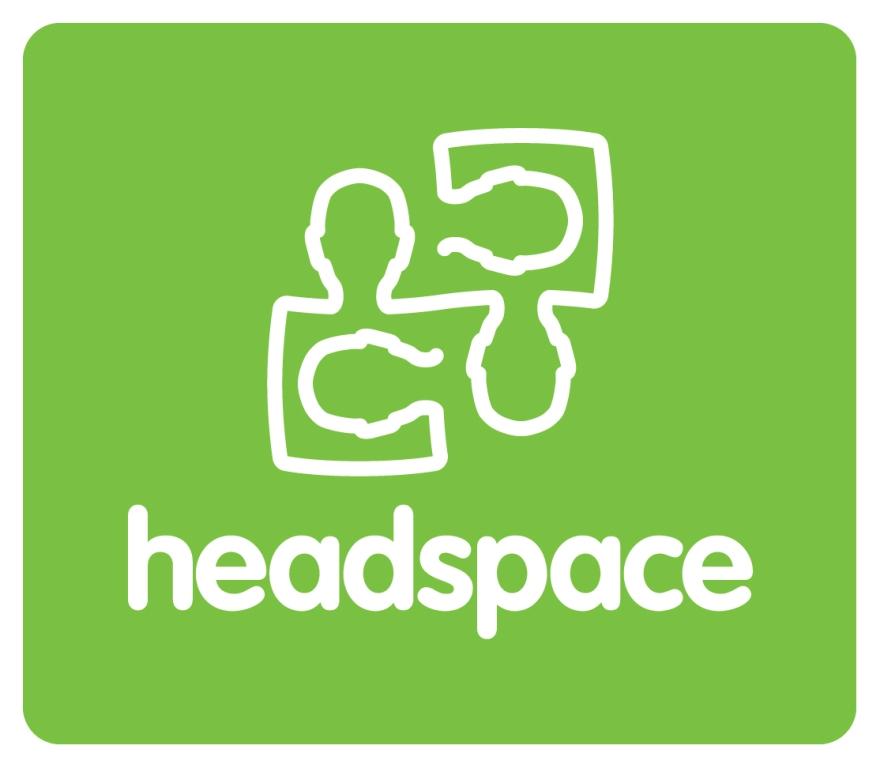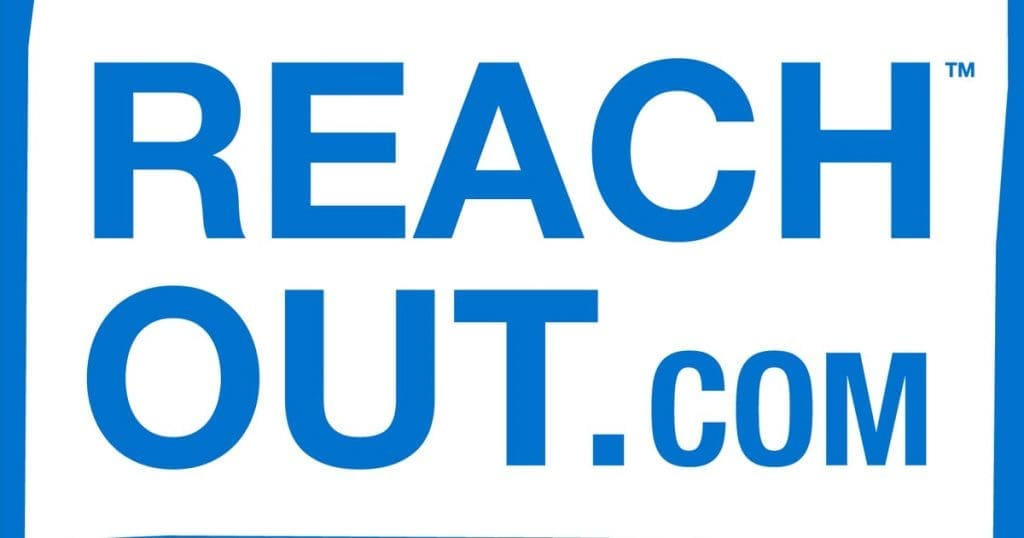Businesses across Victoria and Metropolitan Melbourne have been doing their best adjusting to increased restrictions in the wake of the second wave of the pandemic.
These restrictions have meant many families are now unable to utilise child care services, less work available for some people and additional stress on many businesses. Incorporating a focus on supporting staff and mental health and wellbeing as we navigate this challenging period is a must.
While early childhood education and its employees continue to be classified as essential to the workforce during this time, the limitations on who is permitted to access child care has resulted in a drastic reduction of occupancy for the time being. In some cases, centres have been forced to close their doors and many early childhood educators are finding their hours reduced. In other situations, people are dealing with the challenges of working from home or juggling work and children. With so many areas of potential stress for the early childhood workforce, providing support to staff is invaluable — perhaps now more than ever.
How you can support your staff in early childhood education
Thankfully there are many ways you can offer support to early childhood employees during these difficult circumstances. Supporting one another through this period is vital and can minimise the negative impact experienced by all. These key strategies can go a long way to ensuring your employees (and you) feel supported:
Take care of yourself
To effectively take care of others, you also need to take care of yourself. If you’re a child care business owner facing difficult times, you should also reach out for help via the resources and support options outlined in this article.
For Melbourne centres who require support, the Department website outlines measures introduced to manage the impact of the pandemic and its current related restrictions:
- Services can access the higher Transition Payment of 30 per cent of pre-COVID revenue for services in Stage 4 affected metropolitan Melbourne. It is advised that this should be used to keep early childhood staff employed, in lieu of JobKeeper payments.
- There is also an additional top-up payment available for eligible services in Stage 4 affected metropolitan Melbourne receiving lower CCS payments and experiencing greatly reduced attendances.
Be open and honest
Most people are aware of the challenges facing communities across all sectors, so transparency is encouraged. Tell your employees exactly what is going on and why certain changes are being made. Let them know you’re doing your best to be fair and support everyone. Give staff an indication of what you believe the future could hold and what management is doing and planning to navigate the coming weeks and months. This honesty will be appreciated and help your employees to feel respected and valued, which will in turn contribute positively to their sense of self-worth, mental health and wellbeing.
Focus on connectedness
Connectedness is a valuable resource. Many employees are likely facing similar challenges, but sharing your problems and speaking with others who can relate can really help.
Create a dedicated time when you and your team can get together online and catch up. Regular communication will give everyone something to look forward to and plan for. You might like to arrange one-on-one time to chat with your employees too to address any individual concerns.
Promote self-care
Whether it’s for yourself or your staff, taking care of oneself can go a long way towards promoting good health mentally and physically. Eating well, getting enough sleep, going outside daily for a walk and making time for things that you enjoy are practical ways to enhance wellbeing. Our self-care checklist can help.
Provide support resources to all
There are many resources available for anyone finding themselves struggling or needing support. They can be someone to talk to, practical tips to try or professional guidance. We have compiled a number of these resources which you can utilise for yourself and also share them with your employees.
Mental health and wellbeing support
Employers supporting staff is important and helpful as we work through this period of change, however further or professional support from a GP, counsellor, psychologist or psychiatrist is sometimes necessary. Encourage your staff to reach out and help them to find out where they can go for help. These resources offer professional support, catering to each individual’s preferred means for receiving support. From reading, watching or listening to resources, to chatting online, texting or speaking on the phone, there are mental health resources that are free to access and can make a world of difference.
Resources to listen to
- Guided meditations from the Black Dog Institute
- Not Alone podcast by BeyondBlue
- Expert Insights expert knowledge via the Black Dog Institute
Phone support
- Lifeline Australia – 13 11 14
- Headspace: Phone support for 12-25 year olds – 1800 650 890
- BeyondBlue – 1300 22 4636
- Kids Helpline – 1800 55 1800
- MensLine Australia – 1300 659 467
Text and chat support
- Coronavirus Mental Wellbeing Support Service – Web chat by BeyondBlue
- Lifeline Crisis Chat online chat
- Lifeline Crisis Text
- Headspace Group Chat for 12-25 year olds
Apps
Stop, Breathe & Think
Stop, Breathe & Think is a personalised meditation and mindfulness app that helps you develop skills to manage life’s ups and downs. It invites you to check in with your emotions, and recommends short guided meditations customised to how you feel. Foundational meditations are free, and there are additional activities and features for a paid subscription.
ReachOut Breathe
ReachOut Breathe is a free app that helps you reduce the physical symptoms of stress and anxiety by slowing down your heart rate with your iPhone or Apple Watch.
ReachOut WorryTime
ReachOut WorryTime is a free app that gives you a place to store your worries until later, so you don’t get caught up in them and can get on with your day. WorryTime will alert you when it’s time to think about them. Instead of listening to negative thoughts or pushing them away, research shows that postponing worries and only giving them attention at a set time helps you manage worry.
The Check-In
The Check-In is a free app developed by Beyond Blue for anyone who wants to check in with a friend whom you are worried or concerned about. It guides you through four steps on how you could plan a conversation, and give you advice on next steps.
Early childhood government support and advice
Get the latest information about the restrictions and Government support for the sector to ensure that you have the details needed to keep staff and families informed. The Department provides all the most up-to-date guidelines pertaining to the ECEC sector and the coronavirus pandemic in one spot, including a question and answer. There is also Government advice for centres, including funding, operations and health information available to you.
Catalyst Education continues to support the early childhood education sector and reminds you that this situation is temporary. Consider how you can use this time to plan for the future and prepare for a bright outlook for your service.
The aged care sector provides for individuals who are among the most vulnerable in communities across Australia. The workforce’s thousands of employees provide vital care each and every day.
This Friday 7 August, 2020 is Aged Care Employee Day, raising awareness for this hard-working sector and its people. We encourage you to take this opportunity to acknowledge the important work of aged care workers.
Individuals working in aged care support seniors, delivering much-needed care in residential services and for those living independently. From personal hygiene to errands and even the comfort of social contact and conversation during some very challenging times, aged care workers have been at the forefront of the pandemic and its impact.
Honouring Aged Care Employee Day
Thanks for Caring is the theme for this year’s Aged Care Employee Day, and the day itself compels you to do just that — say thank you to the aged care employees who care for the elderly across the country.
Aged Care Employee Day acknowledges and raises awareness of the incredible work undertaken by carers, nurses, cleaners, cooks, drivers, hospitality teams, allied health professionals, admin teams, lifestyle officers, volunteers — everyone who contributes to the aged care sector.
Thank you to the aged care workforce
The aged care workforce is made up of a range of roles with employees contributing their unique skills and knowledge to provide care for ageing Australians in a variety of settings.
From residential care facilities to community-based care and home care, aged care workers make up a workforce of over 360,000 individuals who are making a difference in lives and communities with their work. While over 80% of those working in aged care are women, many men are coming into the sector to provide care to the growing number of aged care recipients each year.
There are many qualities that aged care workers bring to their jobs, enabling them to approach their work with compassion and kindness, including patience, empathy and effective communication skills. Aged care employees are capable of enhancing the physical and mental health and wellbeing of the elderly through their work, and often develop rewarding relationships with those in their care that are truly cherished.
The invaluable work of aged care employees
Aged care employees across the workforce provide care that is essential in our communities. This is care that has an impact on lives, both supporting and enhancing lives and even extending them through high quality support.
One of our Training Managers, Sally, shared her insights about the incredible people who work in aged care:
It takes a special person to work in Aged Care; they have to have compassion and empathy. They spend each shift caring for the vulnerable in our community with great care and respect for very low pay and often in difficult times. They are often dealing with challenging behaviours, difficult situations and sometimes unhappy families, but they continue to give the best care they can.
I worked in Aged Care as a carer for 15 years and it had its challenges but it was very rewarding. I met some beautiful older people who came from many diverse backgrounds, but I cared for them all exactly the same and I know I made a difference to their day! Aged Care workers make the lives of our elderly BETTER every day!
In addition, one of our aged care trainers, Michelle, shares why working within the aged care sector is so meaningful:
For me being a part of this sector is a wonderful honour. Every day that you go to work you make a huge difference in people’s days/lives. The people that you care for are so interesting, rich with stories of days gone by, stories like riding a horse to school with your sister and brother all on the same horse.
To be a good personal carer you need to have empathy and patience but in my experience, the more you give to these beautiful people the more you get back.
I have the highest regard for people working in the Aged care sector; they are amazing, strong, caring, selfless and deserve all the support they can get always but especially in these difficult times. Hold your heads high, we are all here standing with you!
This Aged Care Employee Day, join us in taking a moment to honour the aged care employees around you and thank them for their commitment and care. Support the aged care sector and its valuable contribution to the lives of our elderly as we continue to work together to ensure aged care is delivered to the highest standard possible.
Catalyst Education is proud to provide high quality training to aged care employees and we would like to say a sincere thank you to each and every individual who continues to undertake this meaningful work.
For more information about our aged care courses, please contact us today.
With COVID-19 impacting us all in many varying ways, and many continuing to adjust in an uncertain landscape, it’s ever important to stay connected and have a good network of support and resources to tap into.
To help, we have compiled a list of some of these organisations as well as some useful apps and downloads to help you through this time.
Resources to support your health and wellbeing
Head to Health (H2H) is an initiative developed by the Australian Department of Health that aims to help people find good mental health and wellbeing resources, information and links to online and phone mental health services. These are hand-picked from Australia’s leading health providers, together in one place. It supports people seeking help – either for themselves or someone they care about.
Beyond Blue is an organisation that provides information, and support for depression, anxiety and suicide prevention. Their website contains information, resources, and services for depression.

The Black Dog Institute has up to date information and resources on mental illness, online self-testing, current treatments and wellbeing. The institute aims to reduce the incidence of mental illness and the stigma around it, actively reduce suicide rates, and empower everyone to live the most mentally healthy lives possible.
Headspace is the national youth mental health foundation dedicated to improving the wellbeing of young Australians (12 – 25 years). Their website provides information and resources on mental health, physical health, work and study support, and alcohol and other drug services. Support for young people and their family and friends can be accessed through this website including finding a local headspace centre, online/phone counselling service eheadspace, and the Digital Work and Study Service.
ReachOut is Australia’s leading online mental health and wellbeing organisation for young people and their parents. Their website offers practical support, tools and tips to help young people get through anything from everyday issues, tough times, mental health issues, relationships, identity, wellbeing or helping others.
Sane Australia is a national charity helping all Australians affected by mental illness. Their website provides straightforward and concise information about mental health and illness including treatments, support, how you can help yourself or someone you care about.
Phoenix Australia – Centre for Posttraumatic Mental Health provides free downloadable fact sheets about trauma responses and evidence-based treatments for people affected by trauma, their families and friends.
White Ribbon is a domestic violence primary prevention campaign – specifically, we work to change the attitudes and behaviours that lead to violence against women. If you or someone you know is experiencing violence and need help or support, please contact one of the support hotline numbers
Mood Gym is a free online program designed to help people learn and practise skills to prevent and manage symptoms of depression and anxiety. It is like an interactive, online self-help book which teaches skills based on cognitive behaviour therapy.
Useful apps and downloads
Stop, Breathe & Think
Stop, Breathe & Think is a personalised meditation and mindfulness app that helps you develop skills to manage life’s ups and downs. It invites you to check in with your emotions, and recommends short guided meditations customised to how you feel. Foundational meditations are free, and there are additional activities and features for a paid subscription.
ReachOut Breathe
ReachOut Breathe is a free app that helps you reduce the physical symptoms of stress and anxiety by slowing down your heart rate with your iPhone or Apple Watch.
ReachOut WorryTime
ReachOut WorryTime is a free app that gives you a place to store your worries until later, so you don’t get caught up in them and can get on with your day. WorryTime will alert you when it’s time to think about them. Instead of listening to negative thoughts or pushing them away, research shows that postponing worries and only giving them attention at a set time helps you manage worry.
The Check-In
The Check-In is a free app developed by Beyond Blue for anyone who wants to check in with a friend whom you are worried or concerned about. It guides you through four steps on how you could plan a conversation, and give you advice on next steps.
Essential isolation self-care checklist
Taking care of ourselves physically and mentally is vital to reach our full potential. Self-care is a key factor when it comes to being the best versions of ourselves and enables us to better care for those around us too. Use this self-care checklist for ideas on how to support your mental health and wellbeing.
Contact us for more information on the support and resources available to you.






